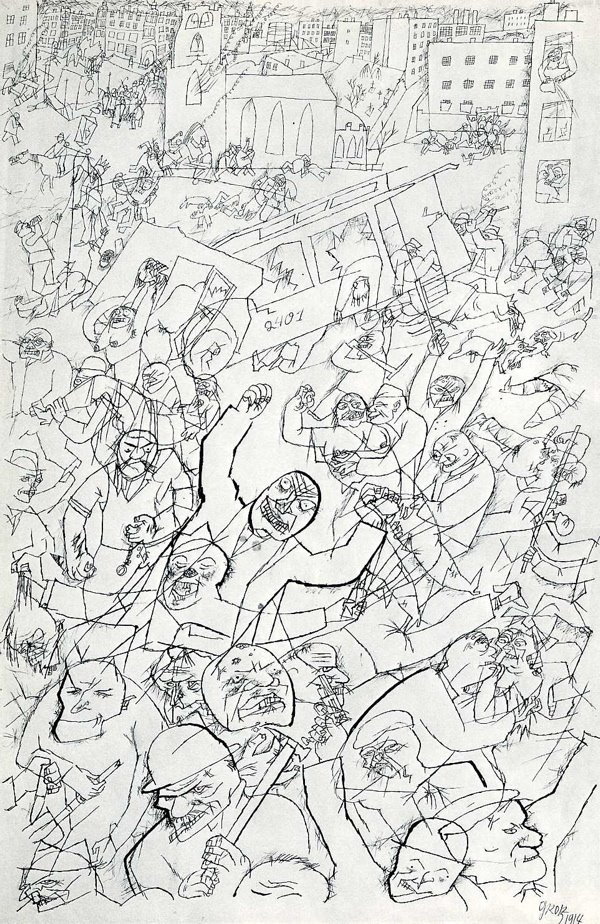The future as projected by American advertisers of the 20th century was of course bright and sparkling. But what gadgets and appliances made that possible? And were they "automatic" as advertised? What the hell do we mean when we say that word?Over at Gizmodo, they ask the million-dollar question: what does "automatic" mean? It's safe to say that mid-century advertising culture didn't invent the concept and that it was, in some fundamental sense, an instantiation of a wider twentieth century fascination with with the automatic in its many guises. What is advertising, after all, but an attempt to generate reactions from consumers automatically. Edward Bernays, the "father" of public relations, explained the goal of PR and advertising this way: “Touch a nerve at a sensitive spot and you get an automatic response from certain specific members of the organism.”
Tuesday, August 20, 2013
We are the washing machine
Posted by
Tim
at
10:10 AM
0
comments
![]()
Labels: advertisements, automata, automatic, Bernays, propaganda, technology
Saturday, April 27, 2013
Punk beyond fashion
In the 37 years since a good mass of people decided “punk” was a flag worth waving, we’ve seen countless versions of it, most at odds with one another. There’s punk that’s dissolute and nihilist, and punk that’s earnest and abstemious; punk as attitude, as economic model, as ideology, and as an ordinary subgenre of music; punk that’s funny and punk that’s humorless; Fascist punk and anti-Fascist punk; punk that sounds like 1977 and punk that can’t imagine repeating the past; you name it. If there’s any reason the stuff’s stayed in the bloodstream of rock, it’s that the idea is flexible enough to put anything into it, take anything out, and feel like you’re fighting the good fight—the word itself is mostly just permission to get into the ring.Nitsuh Abebe in NY Magazine on the enduring (and vexed) appeal of punk in 2013, amid the Met's show on punk fashion,“Punk: Chaos to Couture.”
Posted by
Tim
at
1:05 PM
1 comments
![]()
Subscribe to:
Posts (Atom)



